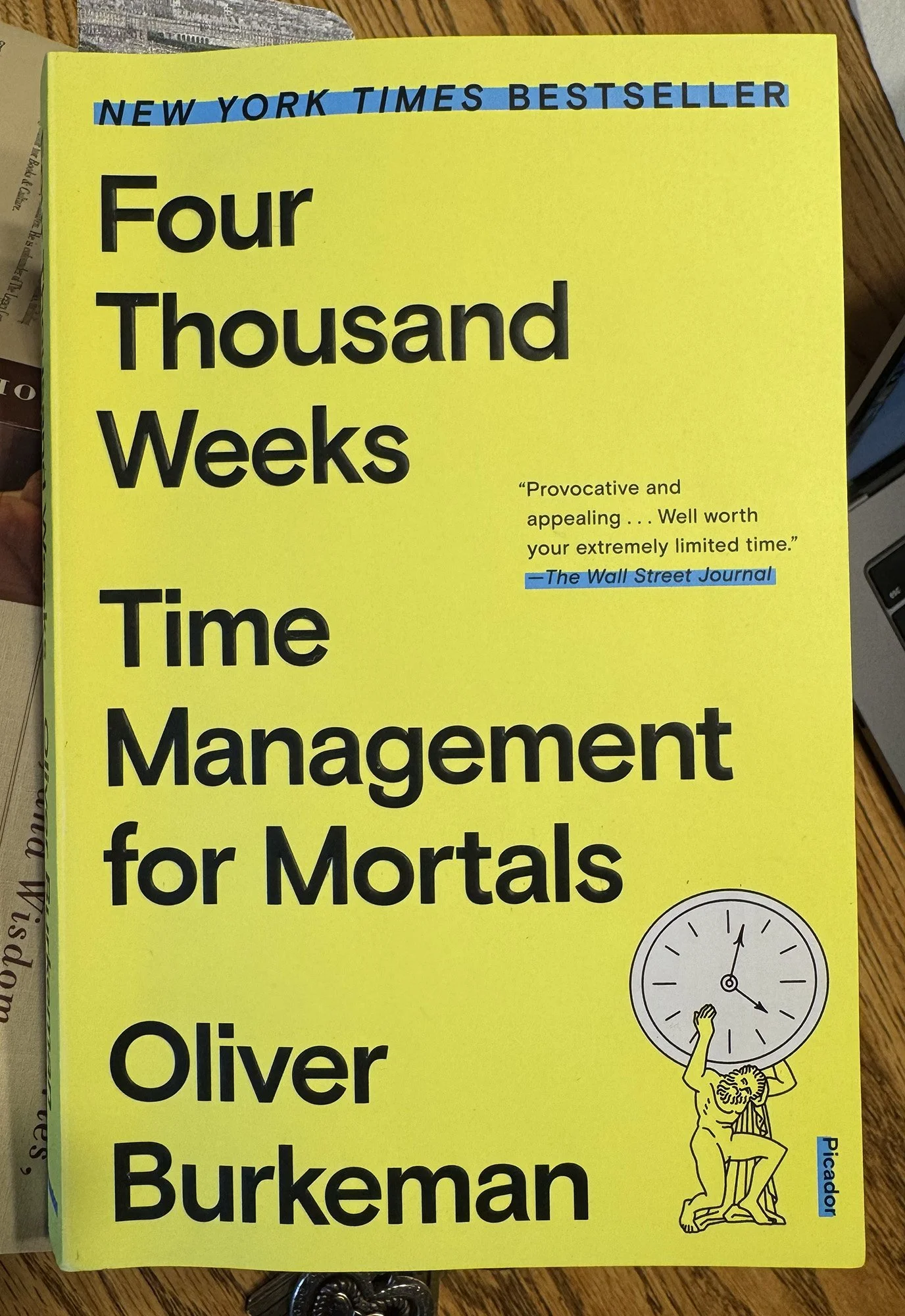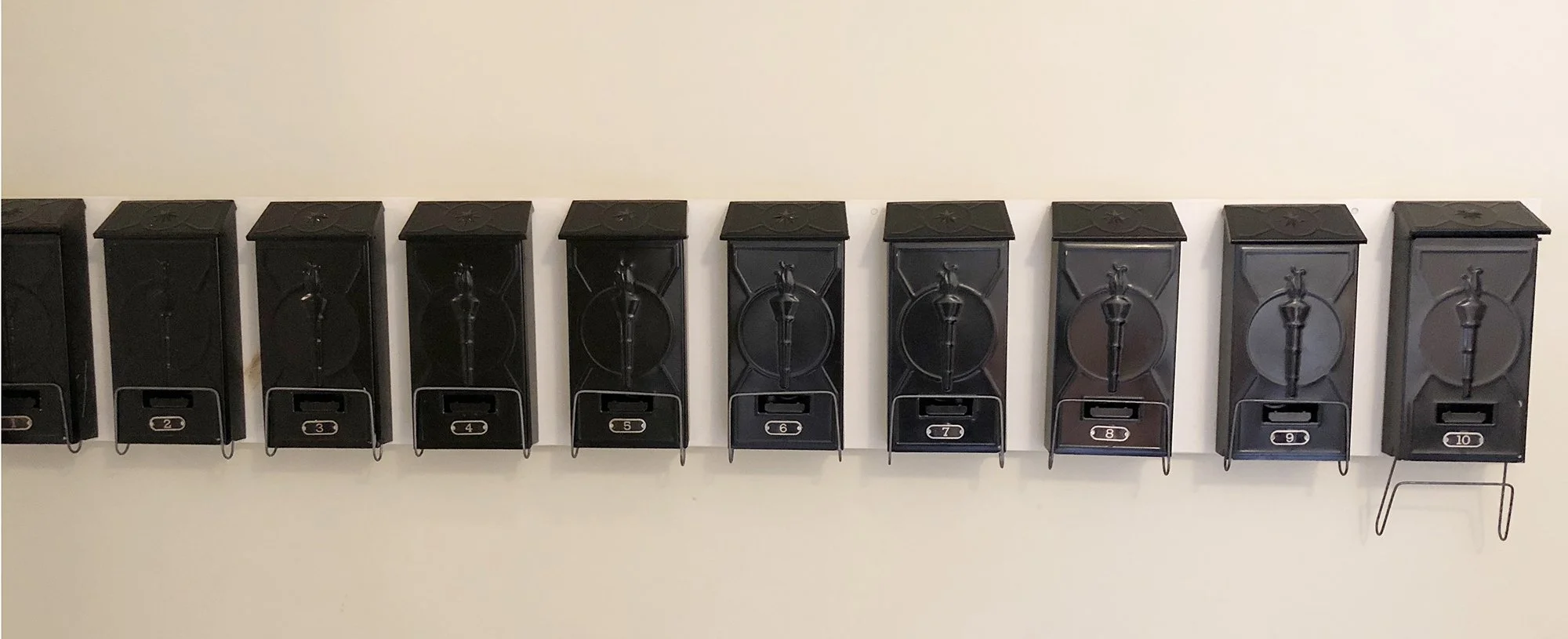You’ve Got Mail
Not that it matters what I think, I don’t think you do.
Email is not actual mail.
What started as a convenience has turned into a nuisance.
Classic scene from You’ve Got Mail (1998) including the wait for dialup and the notice that maybe one item has arrived in the inbox.
Author Ann Patchett regrets signing up for email 30 years ago.
Consider these excerpts from her answer about regret:
Email is also great for work. I love what shows up unexpectedly, the requests to write things I would never have thought to write. Take this email for example: “We’re inviting a dozen writers to reflect on how a single regret has influenced their life.”
I walked around for days puzzling over that one, Regret? Regret? What do I actually regret? Not sticking with French? Not playing the piano? Does childhood sloth really constitute regret? And then just as I was ready to decline the offer, it came to me: I regret email. If it wasn’t for email, I might never have put that together.
… I regret how susceptible I am to its constant interruptions. I regret all the times I look, only to find there’s nothing there. I regret the minutes it takes for my attention to fully return to other work at hand after stopping to check . . . I regret how every person who hits “reply all” to the holiday message sent to a hundred people shaves off a few seconds from all of our lives. Those seconds add up.
… There are things I’ve done to ease my problem. I have two email accounts, one for any transaction that involves money and one for everything else.[1]
… The very fact of how it all piles up weighs on me. I sit down to answer because, despite everything I know, I can never stop believing that answering email is a task that can be completed, instead of a river that will forever be raging forward, which brings me back to full-on regret. …
… “Seriously?” my sister asked when I told her I was going to write this essay. “You regret email?”
“I do,” I said.
“You’re going to look like an idiot if you write about that.”
I love my sister. We love each other. We talk this way. “Lots of people regret email,” I said.
“Lots of people regret affairs,” she said. “They regret significant acts of unkindness, things they didn’t do or say. They don’t regret email.” She shook her head, by which she means Who has a life so lovely that she would think to regret email? Her point is not lost on me.
––Ann Patchett https://www.nytimes.com/2024/10/15/opinion/ann-patchett-regret-email.html
Email: Tricks that Train Us
Marketing melée, and YOU are the product.
Try to Unsubscribe. I’m not sure why this is so difficult. I keep trying.
A solution? Not one and done, but maybe a shift in deciding what’s important and eliminating what isn’t.
Why? Because your time is valuable. Choose what you value. Seconds add up like pennies.
That’s what all those affiliate links do on websites where if you click inside their site, and/or further contribute by purchasing something, and/or signing up to boost subscribers, email makes use of yours and my time.
Personal communication excepted, of course, we all can appreciate receiving necessary information when it’s convenient for the sender to compose and send so that then a message is available when the recipient has time to read and reply.
Facing Limitations to Make Value Choices
My daughter recommended this book, Four Thousand Weeks. Her book club read it. She read it. I’m reading it now.
Preview: “Nobody needs to be told there isn’t enough time . . . The average human lifespan is absurdly, insultingly brief. Assuming you live to be eighty, you have just over four thousand weeks.”
What the author has written makes me think. Some things I read stop me in my tracks. Especially when a writer points out something I already suspect.
In a chapter titled, “The Efficiency Trap,” the author compared emptying your email Inbox to the Greek myth about King Sisyphus. Required to roll a giant boulder up a hill only to have the boulder roll back down each time he neared the top, the gods had punished him so that he had to repeat this effort for eternity.
I can identify. After the Christmas holiday, I had 2,400+ unread emails. I have a friend who has 10,000+ emails in their inbox. I gave up ever sending that person an email. Lost in space.
In the chapter titled, “The Efficiency Trap,” he points out how convenience and efficiency involves sacrificing something that may have greater value.
So here’s something I agree is more valuable than convenience.
“Convenience, in other words, makes things easy, but without regard to whether easiness is truly what’s most valuable in any given context. Take those services … that let you design and then remotely mail a birthday card, so you never see or touch the physical item yourself. Better than nothing, perhaps. But sender and recipient both know that it’s a poor substitute for purchasing a card in a shop, writing on it by hand, and then walking to a mailbox to mail it, because contrary to the cliché, it isn’t really the thought that counts, but the effort––which is to say, the inconvenience.
When you render the process more convenient, you drain it of its meaning.”
Email has a tendency to sterilize communication. Void of body language, handwriting and voice (the way a person sounds in written communication), email diminishes the importance of personal contact.
Email short-circuits the kind of connection people want and need in order to feel valued and seen.
Into the void or a part of real people’s lives?
The first email messages were sent in 1971, communication between computers, introducing the familiar @ sign. Email became widely used between individuals in the 1990s.
It was exciting to see/hear when the computer mailbox identified unread messages that awaited a response.
When email connects us, it serves us.
Email becomes a nuisance when I let it take time rather than give me something in return for the time I spend. Give me thoughts, ideas, and information that might enhance my life.
“Sometimes I wonder about my life. I lead a small life ––well, valuable, but small––and sometimes I wonder, do I do it because I like it or because I haven’t been brave? So much of what I see reminds me of something I read in a book, when shouldn’t it be the other way around? I don’t really want an answer. I just want to send this cosmic question out into the void. So good night, dear void. ”
Ironic to address any question: “dear void.”
Yet we’ve grown accustomed to the face of email.
It’s okay if you love email. Better than nothing? Maybe.
Though it costs a person more time, more thought, and more than a few keystrokes, a phone call, a handwritten note, or an in-person visit translates into something more worthwhile and valuable for genuine connection than email.
Editing my Inbox helps me choose what is worth my time.
Mostly, I get email from people I don’t know.
I get snail mail from someone who knows me.
Mailboxes in Margaret Mitchell’s apartment building, Atlanta, GA
[1] I maintain two accounts, as Ann described, and a third account necessary for this website.




